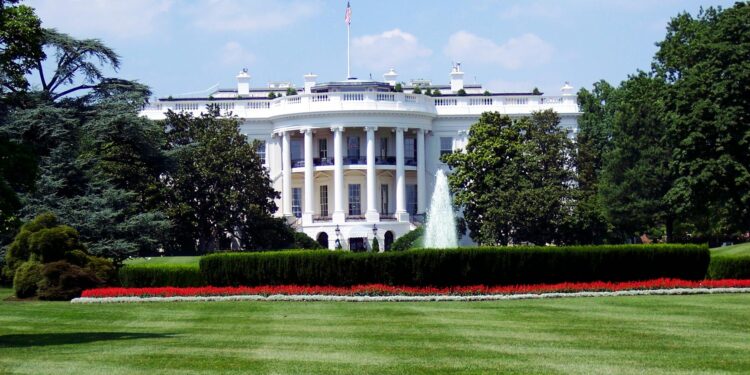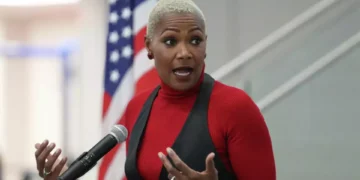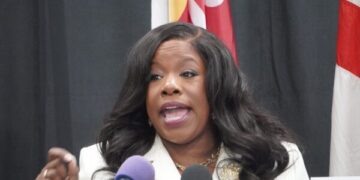March 26, 2025 Story by: Editor
US President Donald Trump has signed an executive order aimed at reforming federal elections by requiring voters to provide proof of citizenship and restricting states from accepting mail-in ballots received after Election Day.
However, experts caution that the measure could disenfranchise millions of Americans who lack easy access to passports or other official documents verifying their citizenship. Legal challenges are expected, as election laws are primarily determined by individual states.
New Election Mandates
The executive order, titled “Preserving and Protecting the Integrity of American Elections,” was signed by Trump on Tuesday at the White House.
“Election fraud. You’ve heard the term. We’re going to end it, hopefully. At least this will go a long way toward ending it,” Trump said as he signed the order.
The order asserts that the US has failed “to enforce basic and necessary election protections” and warns states that they risk losing federal funding if they do not comply with proof-of-citizenship requirements.
While it is already illegal for non-citizens to vote in federal elections under the Illegal Immigration Reform and Immigrant Responsibility Act of 1996, voter registration currently operates on an honor system. Individuals must confirm their citizenship under penalty of perjury, but no documentary proof is required.
Election experts argue that cases of non-citizen voting are exceedingly rare.
Restrictions on Mail-In Ballots
The order also aims to prohibit states from counting postal ballots received after Election Day. Currently, 18 states allow such ballots as long as they were postmarked on or before Election Day. The order threatens to revoke federal funding from states that fail to comply with the new restrictions.
Legal Challenges Expected
Trump has repeatedly made unverified claims about election fraud, including allegations that “millions” of illegal immigrants voted in his first presidential election. He continues to reject the results of the 2020 election, in which Joe Biden secured victory.
Efforts to enact a national voter ID law have previously failed in Congress, and legal experts believe this executive order will face significant challenges in court.
“The president cannot override a statute passed by Congress that says what is required to register to vote on the federal voter registration form,” Wendy Weiser of the Brennan Center for Justice at New York University told The Washington Post.
Similarly, UCLA law professor Rick Hasen wrote on his blog that elections are primarily managed by state governments, and the order—if upheld—would represent a major shift in power toward the federal government.
Source: BBC

















